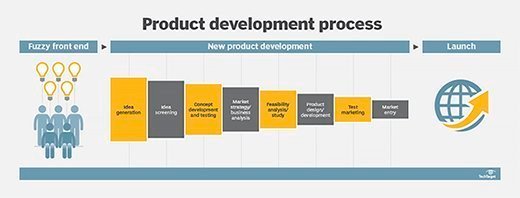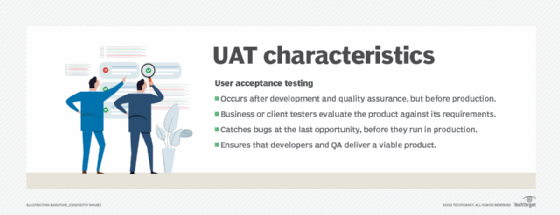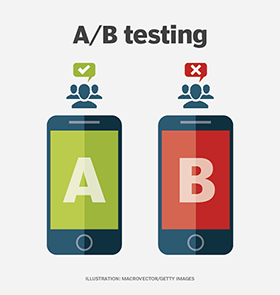test marketing
What is test marketing?
Test marketing is a method that aims to explore consumer response to a product or marketing campaign by making it available on a limited basis to test markets before a wider release.
It's important to note that customers exposed to the product or campaign may be part of a test group without the customers' knowledge.
What are the benefits of test marketing?
There are several benefits to conducting test marketing.
First, it allows businesses to get customer satisfaction feedback on a product or campaign from real-world consumers directly before making a significant investment in mass production or widespread distribution to a national market. This can help to avoid potential costly mistakes if the product's performance leaves more to be desired or is not well received.
Additionally, the customer feedback can provide valuable, cost-effective insights into different aspects of consumer behavior and preferences that can be used to optimize the final product or campaign.
Test marketing also helps build buzz and excitement for a new product or campaign, which can generate additional interest and demand when it is eventually released.
When is test marketing used?
Businesses can use test marketing in the early stages of product development, as well as prior to a product launch.
For example, it is common to announce a free product trial specifically to potential clients at trade shows to bolster customer interest in the new product.
It can also be used to test different versions of a product or campaign to see which is most effective. For instance, a company might release two different versions of a new product in two different markets and compare sales figures to see which one performs better.

What are some examples of test marketing?
There are multiple examples of test marketing that vary depending on the industry. Here are a few examples.
Software development
In software development, a common example of test marketing is a beta test run. Beta testing, also known as user acceptance testing (UAT) or end-user testing, involves providing an early release product to a limited sample of the intended audience.
Beta testers are invited to provide feedback on the product that will help improve it for the full product launch. If testers are enthusiastic about the product, they also generate buzz for it and increase the likelihood of its success.
Conversely, alpha testing is testing that is done by internal staff prior to beta testing. It's important to note that not all software companies use both beta and alpha testing; some may use one or the other, or neither.

Retail
Test marketing of retail products involves placement of limited-quantity items or free samples to a target market that shops at a limited number of stores. Sales in those stores are used to predict market response to the product and guide distribution for the full launch.
Test marketing often launches regionally, and a product is made available only within a limited geographic area. However, it's important to ensure that the test market is a reliable predictor of the full market, since a product that is popular in a given area may not be successful elsewhere.
Marketing
Businesses can use test marketing for online marketing strategies, where Programmatic advertising makes it relatively easy to target a particular audience and gather data about the response to a campaign.

For example, marketers use A/B testing to send one advertisement to some users and a different one to others to test how well the audience responds to certain words, phrases, features and placement of items.
What are the risks of test marketing?
There are a few risks to consider when conducting test marketing.
If the product or campaign is not well received, it could damage the brand's reputation. Additionally, if word gets out that a product or campaign is being tested, it could generate negative buzz and create unrealistic expectations that may not be met. Or, if test marketing is not conducted properly, it could provide inaccurate results that lead to poor decision-making.
How can I conduct test marketing?
There are several ways to conduct test marketing.
One common method is to release the product or campaign in a limited geographic area, such as a single city or region. Another option is to make the product or campaign available online on a limited basis. Finally, businesses can also distribute samples of the product or offer coupons for the campaign in order to generate interest and feedback.
No matter which method you choose, it's important to have a clear plan and goals in mind before starting your test marketing efforts.
See also: contextual marketing, buzz marketing, internal marketing, relationship marketing
